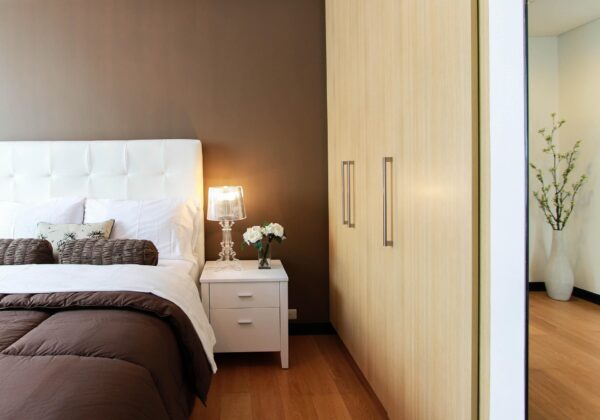Peter Crascall, Clinical Director
In recent years, we’ve made important strides in the way we approach mental health care. But for many living with complex mental health challenges, the traditional model of treatment – often delivered in More traditional, inpatient settings – can still feel misaligned with their needs. This is where at-home mental health treatment comes into its own.
That’s why we’ve taken a different approach. One that brings the highest standards of care out of the clinic and into the place many people feel safest.
While there are cases where institutionalisation is necessary to ensure safety and stability, for a vast majority this is not the case. The challenge isn’t always about the severity of the condition – it’s about access. Clinical expertise has long been concentrated within such environments. But what if we could offer that same expertise without removing someone from their everyday life?
The reality is also that, for some, in-clinic treatment can feel counter-therapeutic. Individuals who are already fearful or overwhelmed may find themselves in a setting that compounds these feelings – an environment that is, by nature, unpredictable. The artificiality of these settings can also make recovery harder to sustain once a person returns home. Those making strides in these environments can then face new pressures when reintroduced to familiar surroundings, relationships, and patterns that may not have changed during a period of absence.
That’s where our at-home mental health treatment model excels. It enables us to treat the wider system, not just the individual – working in partnership with families, support networks, and existing clinicians to embed long-lasting change. The home becomes part of the healing process, not just the backdrop to it.
Every at-home mental health treatment plan is designed around the patient. And this isn’t just another marketing phrase … we don’t offer pre-set pathways or programmes; we build multidisciplinary teams specific to each person’s needs, drawing from a broad network of highly skilled practitioners. It is also important to note that we don’t discard the progress or relationships a patient may have already built. If a referring psychiatrist, therapist, or GP is already part of the picture, we incorporate them into the wider care plan – ensuring continuity and collaboration.
Beyond clinical qualifications, we place great value on the lived experiences of our team. We exclusively seek out professionals that not only bring clinical excellence, but also appreciate the importance of cultural sensitivity, real-world understanding, and capacity for making meaningful connections. When working intensively with someone in their own space, this human connection is essential. The ability to have a real, wide-ranging conversation – not just about symptoms, but about life – often becomes a powerful part of the therapeutic process.
At its core though, this approach is about dignity. It’s about creating a model of care where people are met as individuals, not as diagnoses. It’s about enabling recovery to take place in a space that feels familiar, empowering, and real.
For those who cannot step away from their lives, whether due to family responsibilities, professional commitments, or personal preference, the at-home mental health treatment model is a necessity. And for many, it’s simply a better way to heal.
As we continue to evolve our understanding of at-mental health care, we must also evolve the environments in which care takes place. It’s time we ask: what if recovery didn’t require stepping away from life, but could instead happen within it?
If you’d like to learn more about Orchestrate Health’s home-based mental health treatment, please get in touch via our website or contact our team directly.





